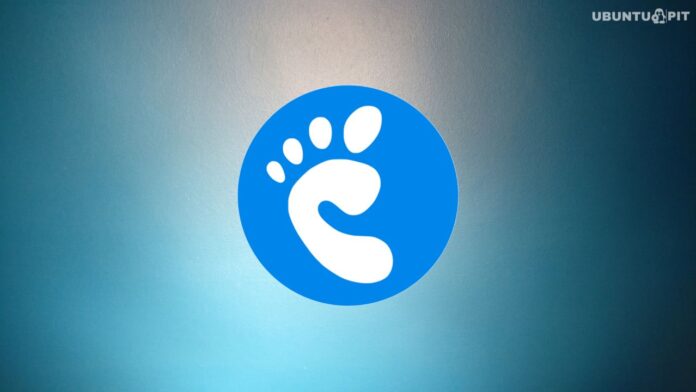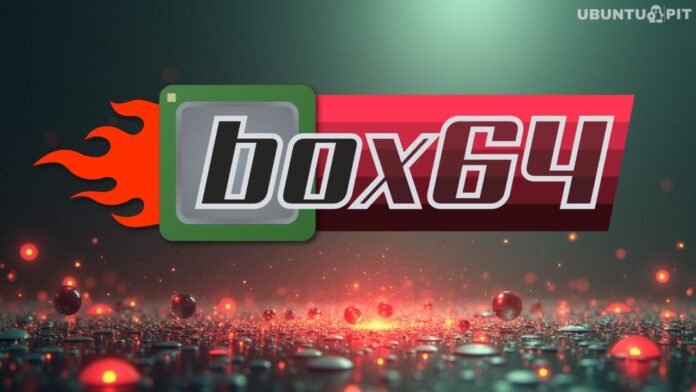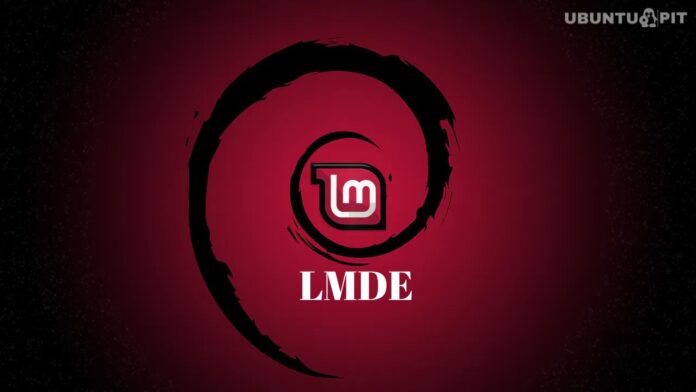The GNOME project has removed the 32-bit compatibility extension from its Flatpak Runtime with the release of GNOME 49, ending a long-running path for legacy 32-bit support. The org.gnome.Platform.i386.Compat extension is no longer published, leaving the runtime available only for x86_64 and AArch64.
The dropped component provided a 32-bit environment used mainly by Wine and older software. For most applications, a 32-bit build of GTK 4, libadwaita, or WebKitGTK was no longer required. Maintaining it, however, placed heavy load on GNOME’s continuous-integration systems, which rebuild the stack twice daily from upstream git. Build failures specific to 32-bit code often blocked updates, since many projects no longer test that architecture.
When GNOME lost its main pool of donated CI machines and builders, developers decided to retire the 32-bit runtime first. The change did not affect Nightly builds—no active applications depended on the extension—but it will touch a few Flatpak titles once the updated runtime reaches Flathub.
To keep affected software working, the team explored using the org.freedesktop.i386.Compat extension instead. Because GNOME already relies on the freedesktop-sdk base, compatibility problems are expected to be minimal. Only four applications had used the GNOME-specific extension: two on Flathub, one on Flathub Beta, and one archived.
Abderrahim and colleagues have prepared ports to the GNOME 49 runtime. Bottles assisted in testing and its update is nearly ready; Lutris and Minigalaxy need further, unrelated adjustments.
The removal completes GNOME’s gradual move away from 32-bit targets. Standard i386 and armv7 builds were dropped earlier, and the project no longer performs quality assurance on 32-bit architectures before release. Individual components such as glib may still run their own 32-bit CI, but broad coverage is now opt-in. While maintainers are unlikely to fix 32-bit issues proactively, they remain open to reviewing patches contributed upstream.
Distributors still depending on 32-bit GNOME builds will need to handle maintenance and debugging on their own or contribute upstream to help prevent further 32-bit bit rot.
Source: Gnome Blog News


